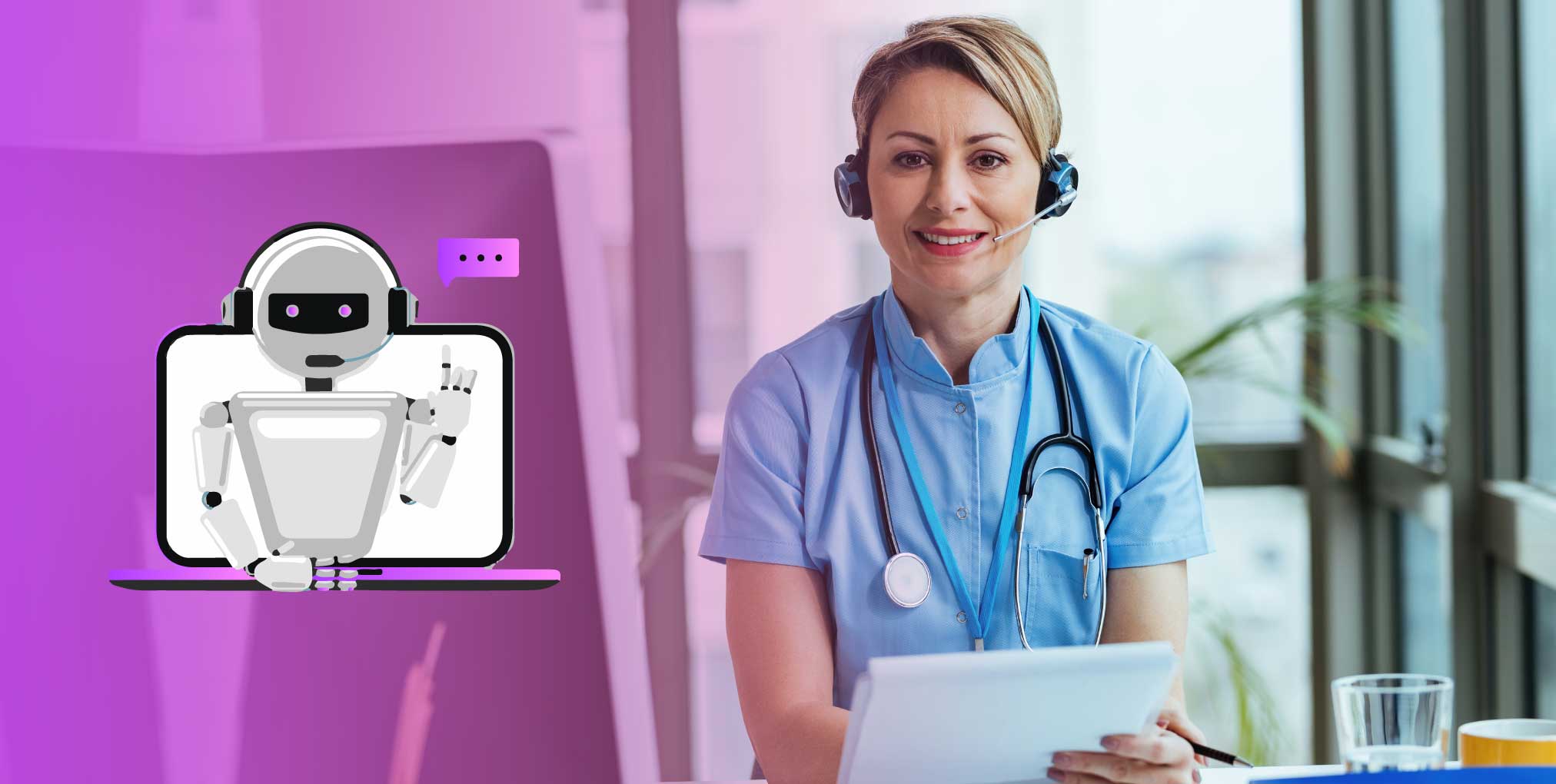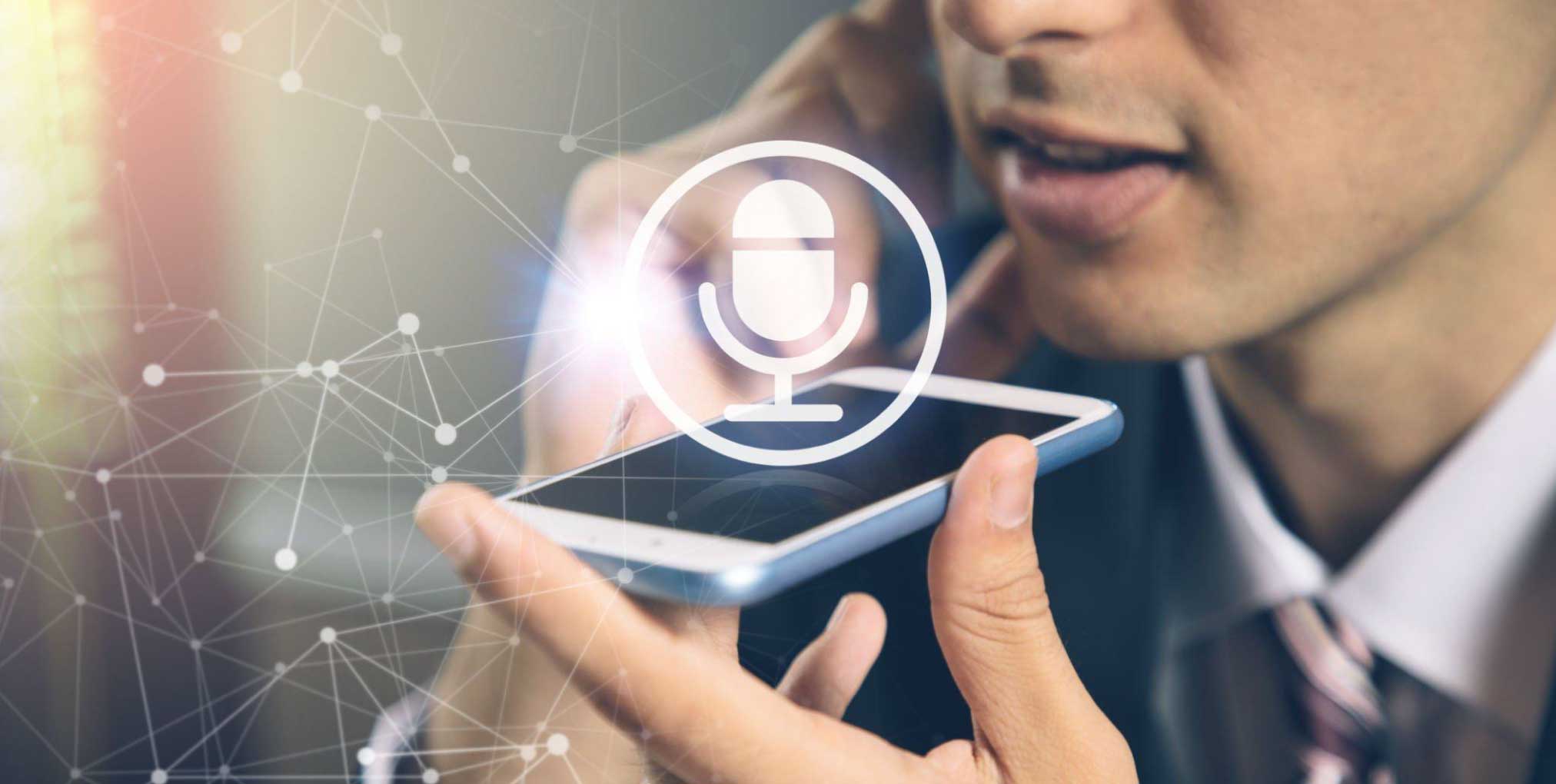

October 6, 2023
In healthcare, providing efficient support to patients and healthcare professionals is crucial. As healthcare help desks face more demands, it’s vital to use technology to make things smoother. A notable recent innovation is using AI chatbots, often called Healthcare AI assistants, in healthcare help desks.
In 2021, artificial intelligence (AI) in the healthcare market was worth around 11 billion U.S. dollars worldwide. The global healthcare AI market was forecast to be worth almost 188 billion U.S. dollars by 2030. It will increase at a compound annual growth rate of 37% from 2022 to 2030. These statistics underscore the pivotal role of AI chatbot in healthcare, making them not just a trend but a necessity.
Healthcare help desks serve as the first point of contact for:
These help desks are critical in ensuring that healthcare organizations run smoothly. They handle various inquiries, including appointment scheduling, prescription refills, insurance queries, and general information requests. Efficient help desks are essential for delivering high-quality patient care and maintaining the reputation of healthcare institutions.

Before diving into the benefits of AI chatbots, it’s important to understand the challenges healthcare help desks encounter. These challenges include:
Healthcare help desks often experience a surge in incoming calls, especially during peak hours. This influx of calls can result in long wait times for patients and healthcare professionals seeking assistance. Prolonged wait times can lead to frustration and dissatisfaction among callers.
Help desk agents frequently handle routine and repetitive tasks, such as appointment scheduling, verifying insurance information, or providing basic health-related information. These tasks, while essential, can be time-consuming for human agents. It diverts their attention from more complex and critical issues.
Healthcare is heavily regulated, with strict rules and guidelines for managing patient data and sharing medical information. Help desk staff must ensure their responses align with these regulations to maintain legal standards. Failure to comply with healthcare regulations can seriously affect healthcare organizations.
Healthcare help desks routinely deal with sensitive patient information, including medical histories, diagnoses, and treatment plans. Ensuring the secure handling and storage of this data is paramount. Any breach of patient confidentiality can result in legal liabilities and damage to an organization’s reputation.
Patients and healthcare professionals expect consistency in the information and guidance provided by healthcare help desks. Inconsistencies in responses can lead to confusion and erode trust in the healthcare institution. Achieving and maintaining uniformity in responses across different help desk agents can be challenging.

One of the standout advantages of integrating Healthcare AI assistants is the significantly improved accessibility and availability they offer. Traditional help desk services typically operate within office hours. This leaves patients and healthcare professionals with limited options for seeking assistance outside those times.
Healthcare AI assistants, on the other hand, break down these time constraints. They are available 24/7, providing continuous support without breaks or holidays. This exceptional accessibility ensures that individuals can access the assistance they need at any time, be it during the late hours of the night or on weekends.
Imagine a patient experiencing a sudden health concern in the middle of the night. Instead of anxiously waiting until morning to seek guidance, they can interact with an AI chatbot immediately. This instant availability reduces the frustration of waiting for office hours and contributes to a sense of security for patients.
The benefits are equally significant for healthcare professionals with demanding schedules and those in different time zones. They can access critical information or support without being constrained by traditional office hours. This accessibility empowers healthcare professionals to make informed decisions promptly.
AI chatbots have the remarkable ability to gather and analyze a wealth of patient data. This data can include medical histories, treatment plans, previous interactions, and even patient preferences.
By using this information, AI chatbots can provide highly personalized responses. For instance, if a patient has a known allergy to a specific medication, the AI chatbot can flag any prescriptions that might pose a risk, ensuring patient safety.
Personalization extends to the management of appointments. An AI chatbot in healthcare can send automated reminders to patients about upcoming appointments. This reduces the likelihood of no-shows or late arrivals.
When patients seek health-related information, AI chatbots can deliver content tailored to their needs and conditions. For example, a patient with diabetes can receive personalized advice on managing their blood sugar levels. This approach ensures patients receive the most relevant information for their healthcare journey.
AI chatbot in healthcare can swiftly assess the urgency of incoming inquiries. When patients or healthcare professionals have questions or concerns, the AI chatbot uses advanced algorithms and Natural Language Processing (NLP) to analyze their messages. This assessment allows the chatbot to determine whether the matter is routine, moderately urgent, or requires immediate attention.
Once the urgency level is established, these Healthcare AI assistants direct the inquiry to the appropriate destination. They can provide immediate answers or guidance for routine queries, relieving the burden on human help desk agents.
In cases of moderate urgency, the chatbot can route the inquiry to the relevant department or specialist. This ensures that the patient or healthcare professional receives timely assistance from the right expert.
The efficiency of AI chatbots in triage and routing translates to significantly reduced response times. Patients and healthcare providers no longer have to wait long or go through complicated transfers for assistance. This speed in addressing inquiries can make a substantial difference in healthcare outcomes.
Healthcare operates within a highly regulated environment. Laws such as the Health Insurance Portability and Accountability Act (HIPAA) in the United States and equivalent regulations worldwide mandate strict data security and patient privacy standards. Failure to comply with these regulations can result in significant legal consequences and damage an organization’s reputation.
Healthcare institutions handle confidential patient data, including medical histories, treatment plans, and diagnoses. This sensitive information must be safeguarded at all costs to protect patient privacy and maintain trust within the healthcare system.
AI chatbots in healthcare are programmed with attention to data security and compliance. They are designed to adhere to the highest industry standards and regulations. This includes data encryption during transmission, secure storage, and access controls to ensure that only authorized personnel can access patient information.
As healthcare institutions grow or experience fluctuations in demand, AI chatbots can be easily scaled to meet changing requirements. Adding more chatbot instances to manage increased workloads is a cost-effective way to adapt to changing needs. It avoids the necessity of significant investments in hiring and training additional human staff.
Training and onboarding human staff can be a resource-intensive process in terms of time and expenses. Healthcare AI assistant, once programmed and deployed, require minimal ongoing training and incur no onboarding costs. This streamlines the onboarding process for healthcare help desks and contributes to cost savings.
Human errors can have significant financial consequences in healthcare. AI chatbots minimize the risk of such errors by following predefined algorithms and protocols. This reduces the need for costly rectifications or legal actions resulting from mistakes.

Voice recognition technology will play a more prominent role in healthcare AI chatbots. Understanding and responding to spoken language offers a more natural and accessible way for patients to interact with AI chatbots.
This trend could lead to voice-activated healthcare AI assistants that can perform various tasks like scheduling appointments and even conducting basic health assessments via voice commands.
The seamless integration of AI chatbots with EHRs is a promising trend. This integration would allow AI chatbots to access and update patient records, making them vital for healthcare providers. AI chatbots could retrieve patient histories, medication lists, and test results, offering personalized recommendations and reminders based on real-time data.
AI chatbots are well-suited for predictive analytics in healthcare. They can analyze patient data to identify potential health risks and suggest preventive measures.
For example, AI chatbots could proactively remind patients to schedule vaccinations or follow-up appointments based on their medical history and risk factors. This trend can shift healthcare from a reactive model to a more proactive and preventive approach.
Mental health is gaining recognition, and AI chatbots are expected to play a more significant role in this area. Future AI chatbots will be equipped with advanced sentiment analysis capabilities to detect emotional states in patients’ interactions. They could provide emotional support, offer coping strategies, and even escalate concerns to human mental health professionals.
In a world where healthcare demands are ever-growing, can we afford to ignore the transformative potential of healthcare AI assistant? Absolutely no. Incorporating chatbots in healthcare help desks represents a focal step forward in the evolving healthcare landscape. These AI-driven solutions have become essential to address the increasing demands of the healthcare sector.